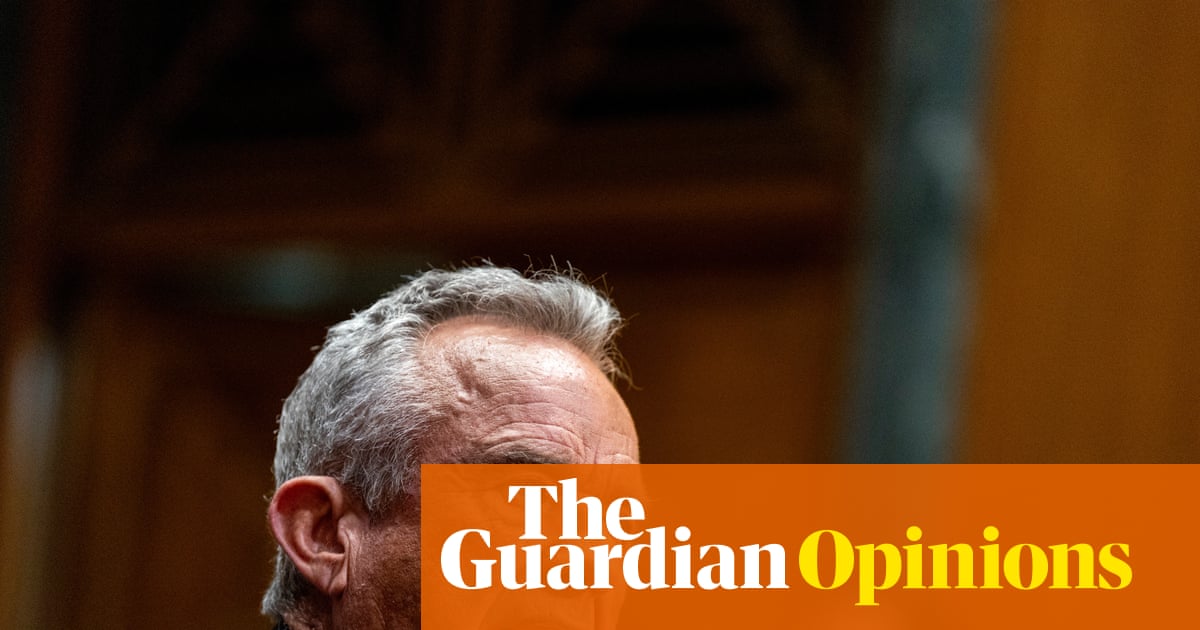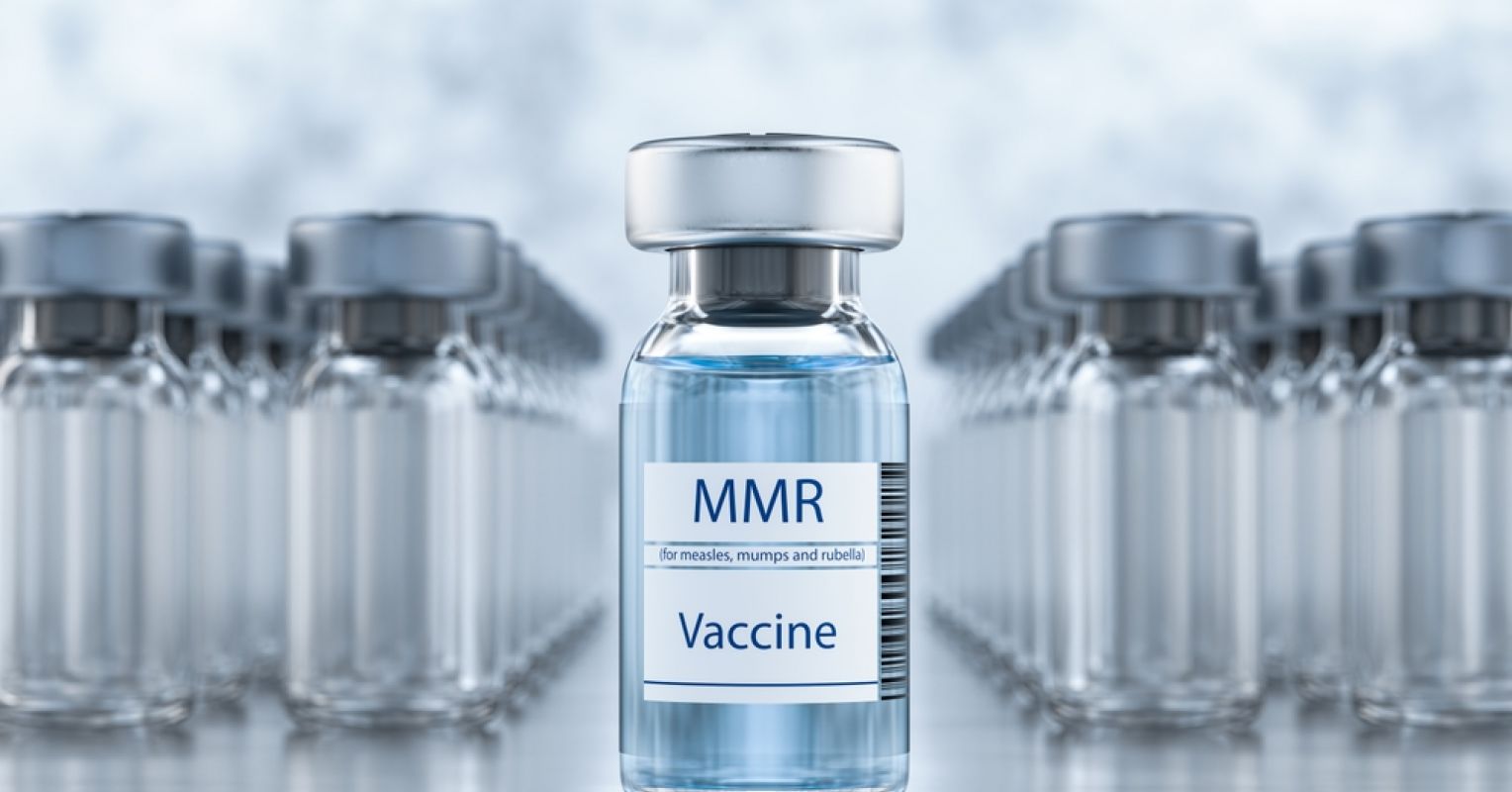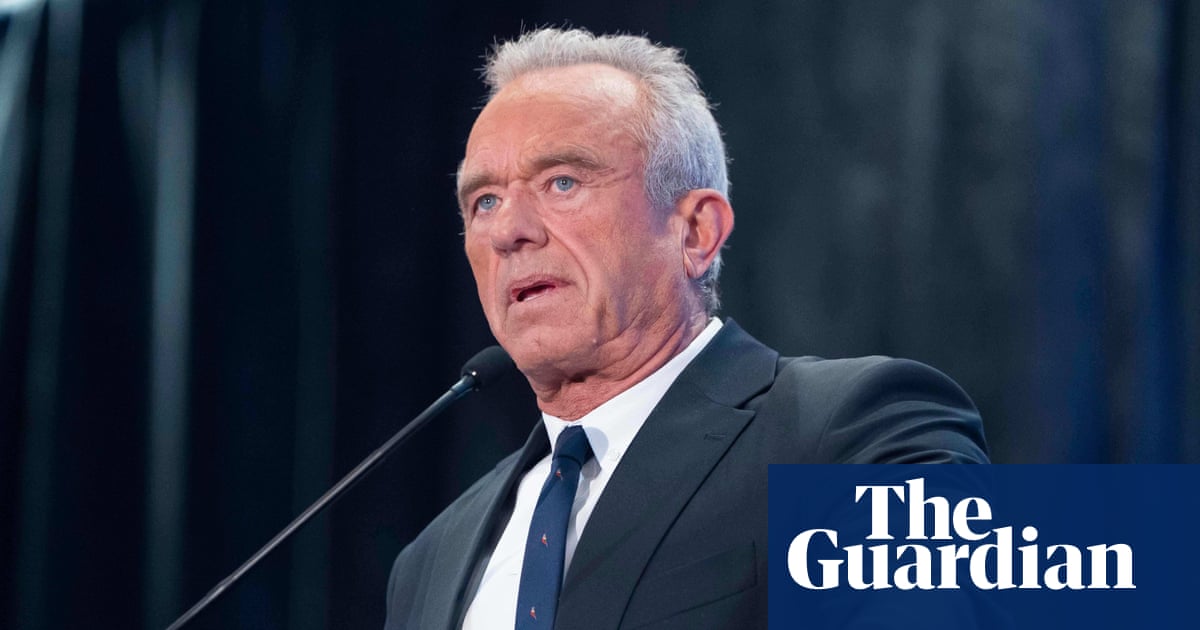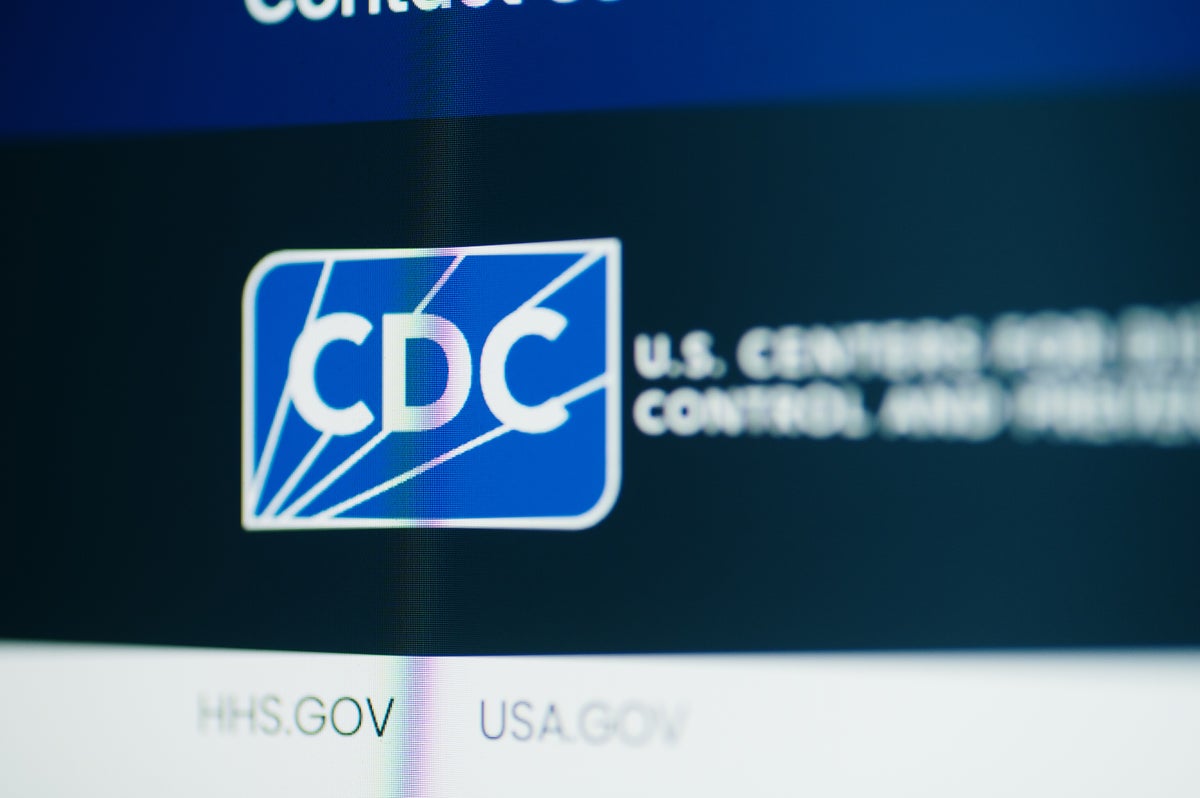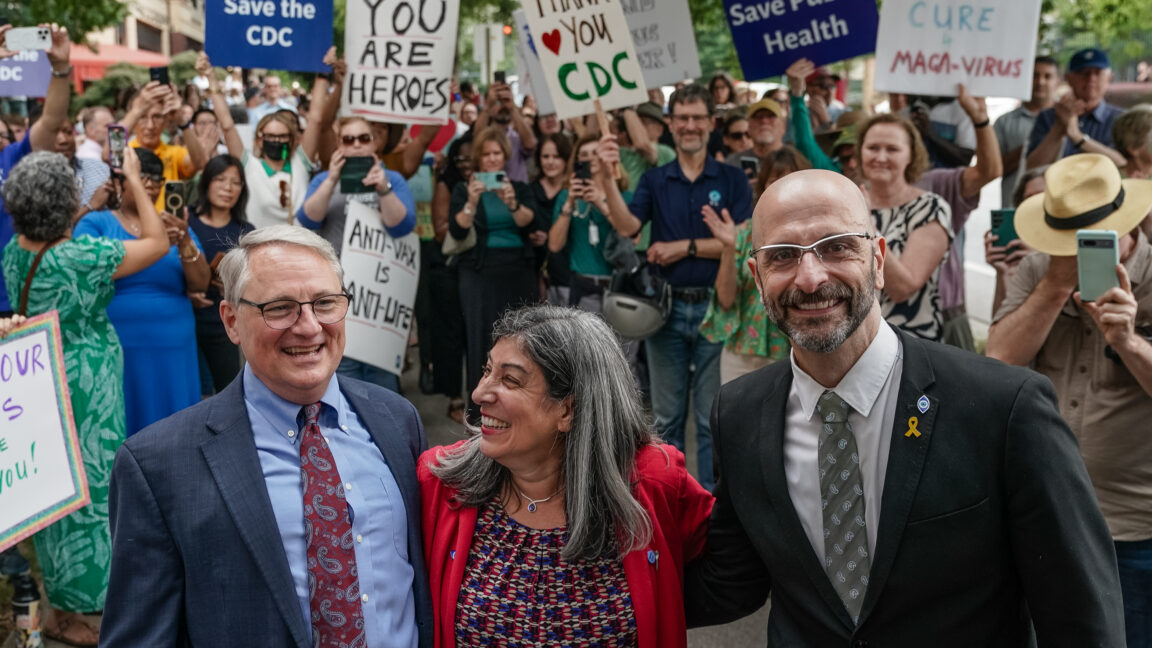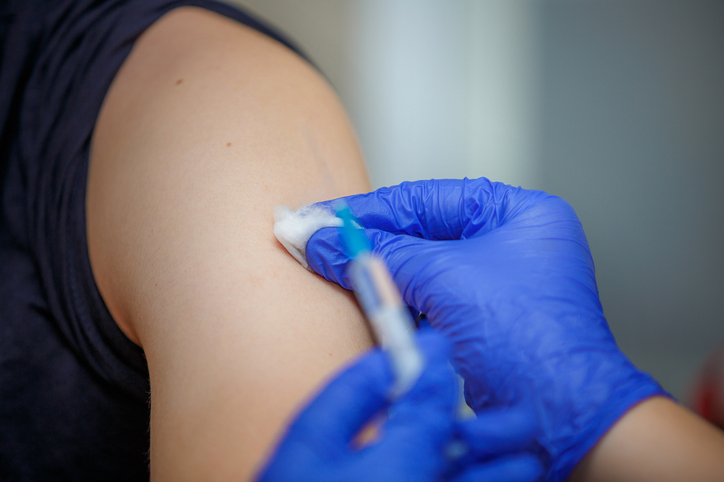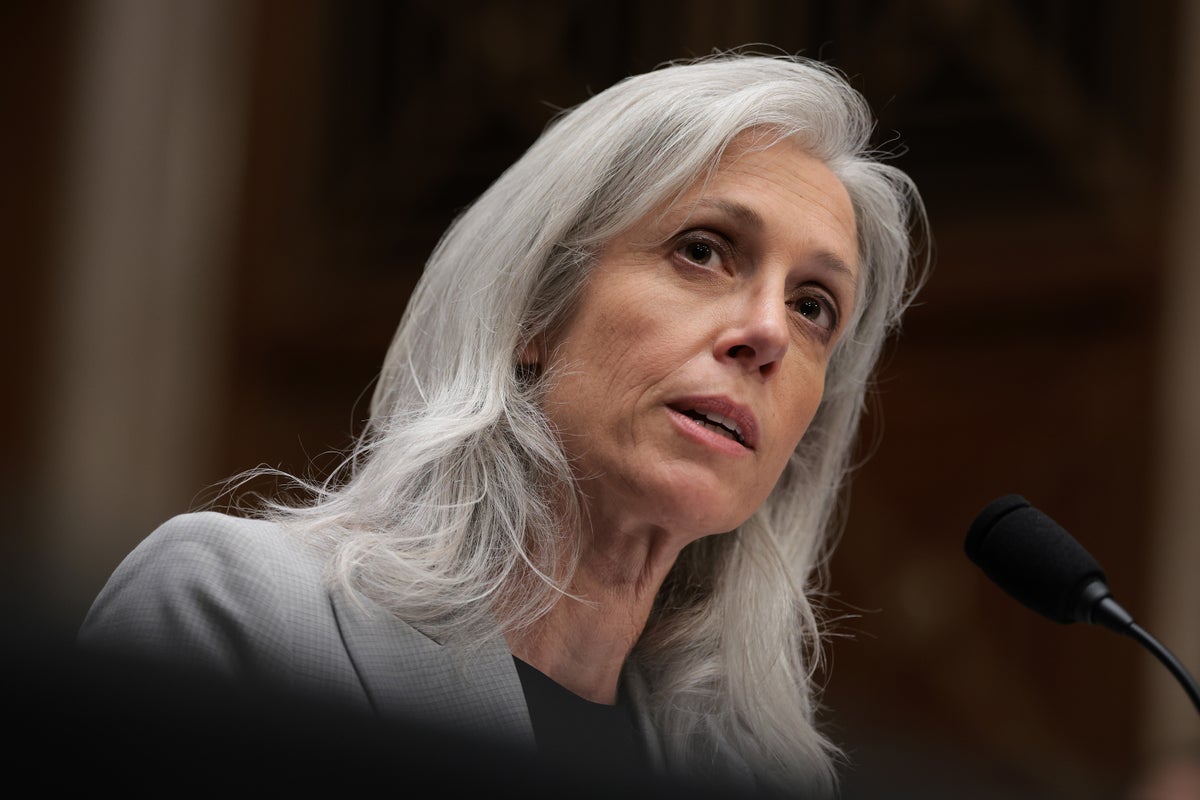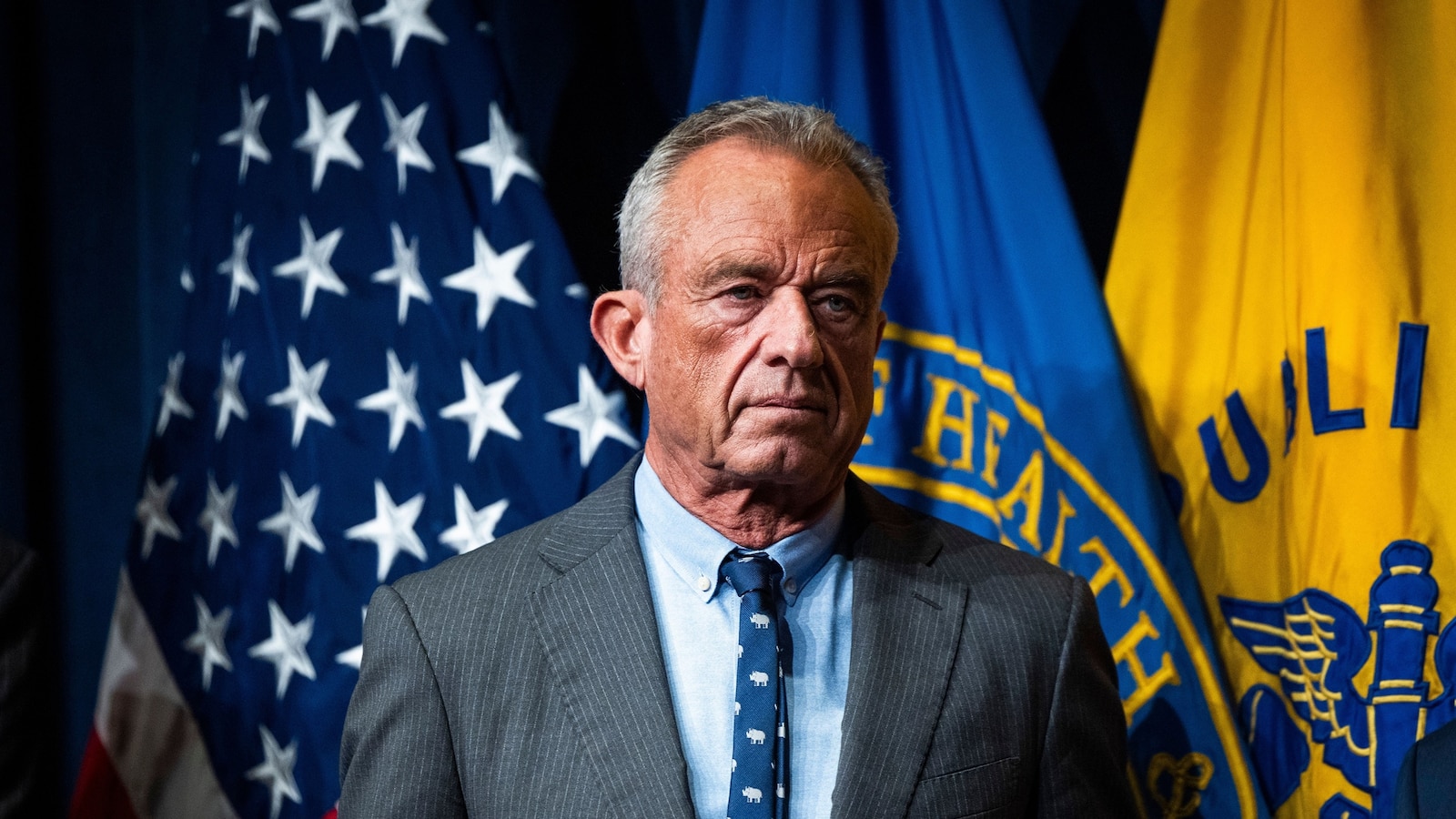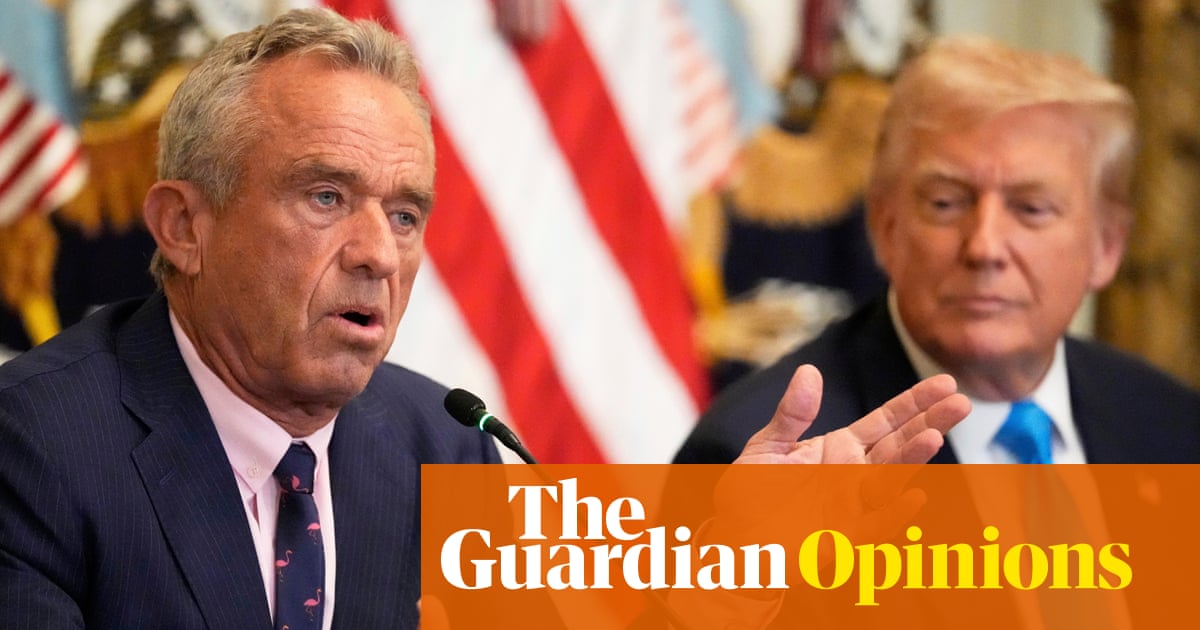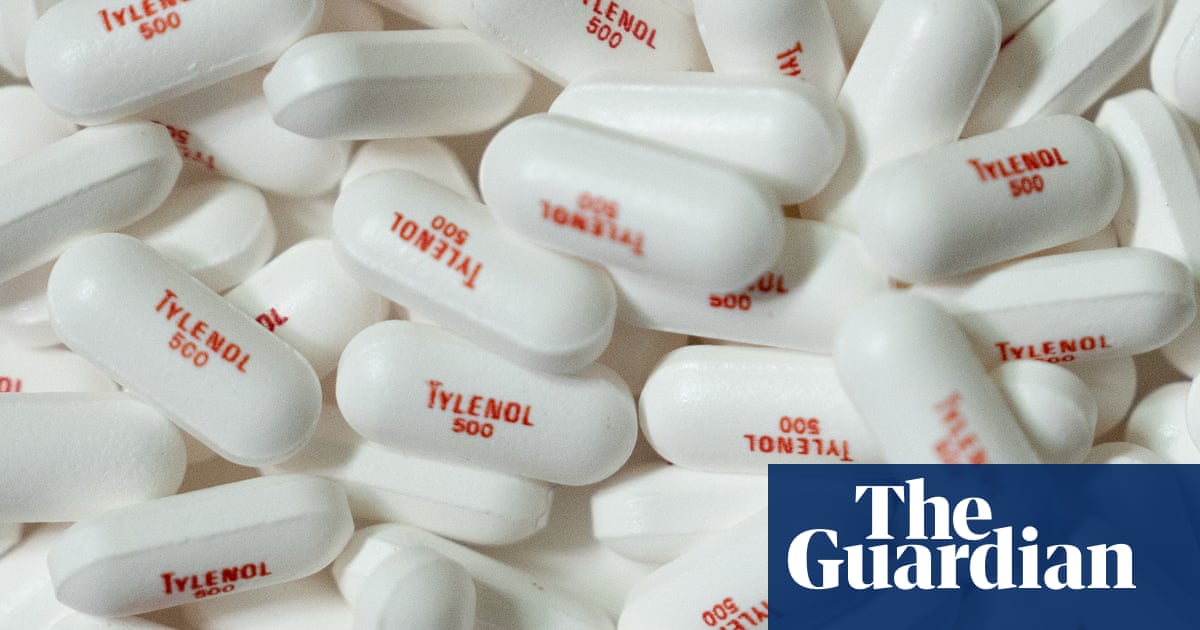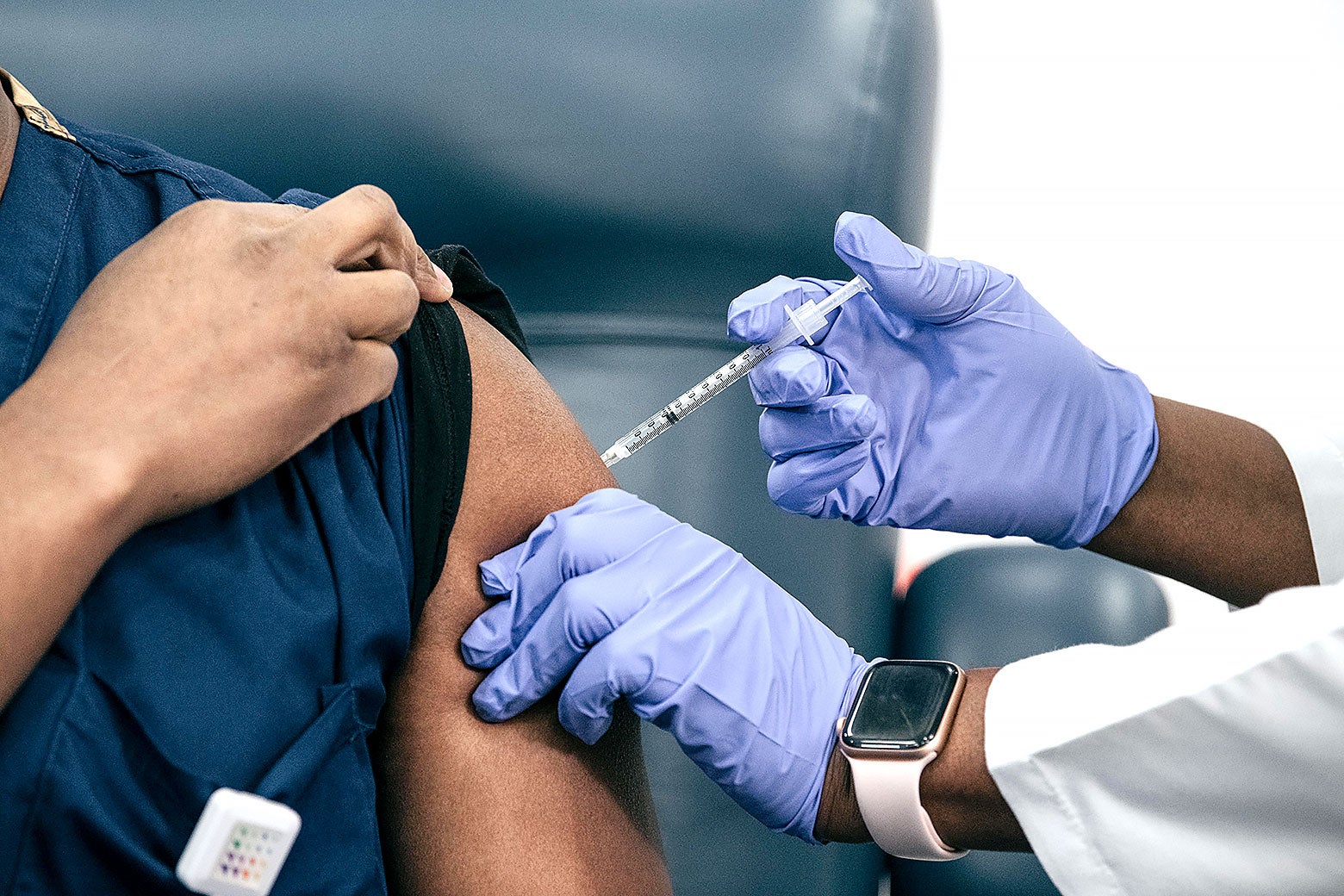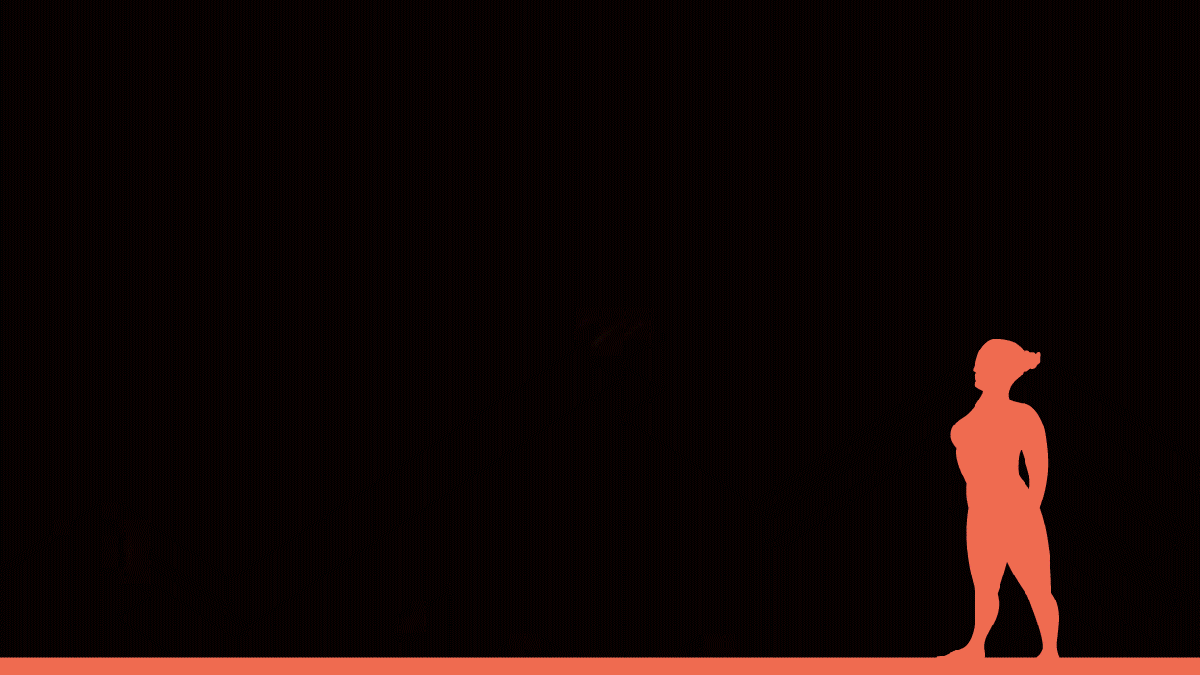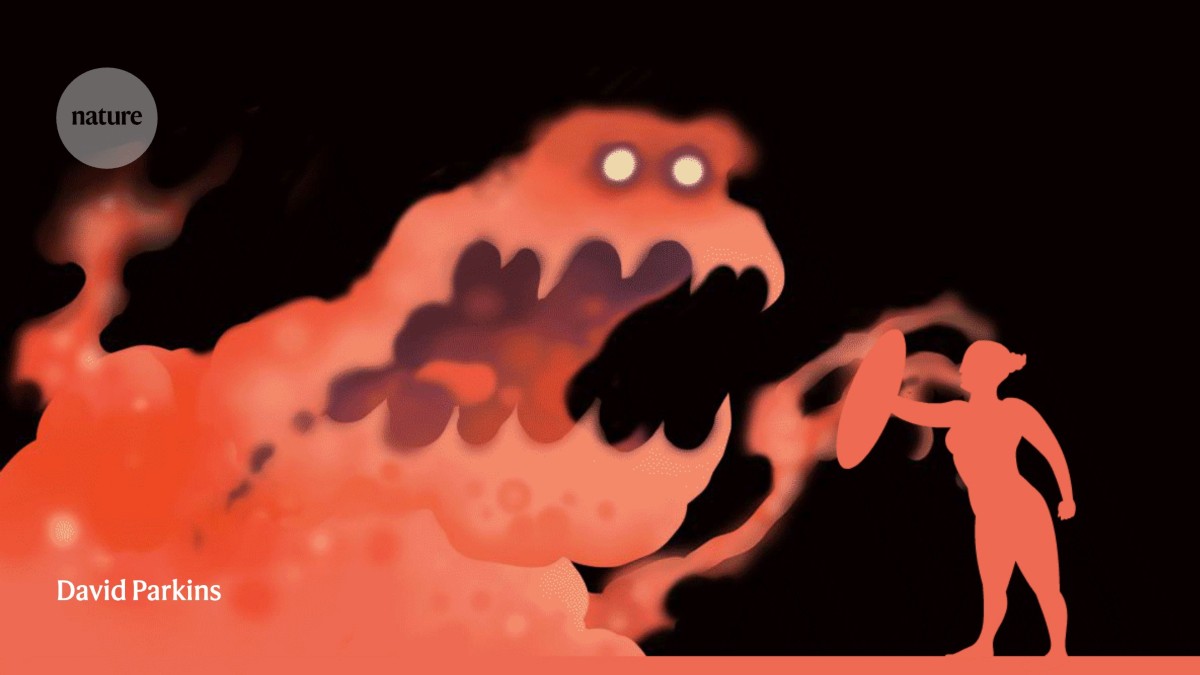#vaccines
#vaccines
[ follow ]
#public-health #autism #cdc #misinformation #robert-f-kennedy-jr #acetaminophen #covid-19 #public-health-policy #hhs
US politics
fromFast Company
3 weeks agoRFK Jr. disregards science and facts. These STEM experts are fighting back by running for Congress
Clinician-legislators can counter politicization of science and expand affordable healthcare access, including state-led insulin production and vaccine protections.
fromKqed
1 month ago1 Year in, California Trump Voters Take Stock of His Second Term | KQED
"There are some that say he's a dictator. Well, no, he's not a dictator - we voted him in," she said. "I think it would all be a lot better if we didn't resist the federal government and instead just got together and said, 'Hey, I'm with you ... Let's sit down, work together and clean it up instead of fight it'."
US politics
Public health
fromIPWatchdog.com | Patents & Intellectual Property Law
4 years agoThe Innovation Ecosystem Behind COVID Vaccines is Now Targeting HIV/AIDS
Incremental scientific innovation transformed HIV from a fatal epidemic to a manageable disease, with advances including AZT, PrEP, and promising mRNA vaccine trials.
fromPsychology Today
2 months ago3 Keys to Reversing Misinformation With Cognitive Dissonance
Confirmation bias is when people only believe information that reinforces what they already believe. For example, vaccine opponents may only believe information about vaccines being unsafe, and will reject any contrary information or facts. Confirmation bias is one reason people find it hard to let go of their belief in misinformation. Misinformed people often trust virtual or online sources, such as social media or podcasts. However, misinformation is increasingly coming from state and federal government agencies.
Public health
fromwww.independent.co.uk
2 months agoLiam Neeson addresses position on vaccines after narrating controversial documentary
From reproductive rights to climate change to Big Tech, The Independent is on the ground when the story is developing. Whether it's investigating the financials of Elon Musk's pro-Trump PAC or producing our latest documentary, 'The A Word', which shines a light on the American women fighting for reproductive rights, we know how important it is to parse out the facts from the messaging.
Public health
Public health
fromTruthout
2 months agoKennedy's Hand-Picked Vaccine Panel Votes to End Hepatitis B Shots for Newborns
A CDC advisory committee appointed by HHS Secretary Robert F. Kennedy Jr. voted to end the long-standing newborn hepatitis B vaccination recommendation despite rising vaccine-preventable outbreaks.
fromwww.theguardian.com
4 months agoCholera is spreading fast, yet it can be stopped. Why haven't we consigned it to history? | Hakainde Hichilema and Tedros Adhanom Ghebreyesus
The last outbreak of cholera in Britain was in 1866; in the United States there has not been an outbreak since 1911. And yet today people are sick with this ancient disease in 32 countries, with more than 6,800 deaths reported so far this year already exceeding all of last year's toll of 6,000 deaths, which was itself a 50% increase on 2023.
Public health
fromNature
4 months agoWe need more than good science to fight infectious disease
Immunology is at a pivotal moment. The huge successes in public health brought about by vaccines are now facing erosion, as anti-vaccination sentiments spread around the world and the United States cuts funding to domestic and overseas infectious-disease research. Measles, for example, was declared eliminated in the United States in 2000 by the World Health Organization, but in July this year, there were more reported cases than in any year since 1992.
Science
Science
fromInside Higher Ed | Higher Education News, Events and Jobs
5 months agoNIH Fires 4 Directors After Putting Them on Leave
Four NIH institute directors and a deputy were fired after administrative leave amid allegations of politically motivated targeting and a crackdown on diversity, equity, and inclusion.
fromThe Mercury News
5 months agoLetters: Kennedy's allies are fostering uncertainty in vaccines
The recent recommendation from Health Secretary Robert F. Kennedy Jr.'s advisory panel to restrict the combined MMRV vaccine for children under 4 is troubling. While the panel cites concerns about rare fever-related seizures, the broader implications risk undermining confidence in vaccines that have protected generations from measles, mumps, rubella and chickenpox. Parents already face challenges navigating vaccine schedules. Replacing a single shot with multiple appointments complicates the process and may lower vaccination rates at a time when preventable disease outbreaks are resurging.
Public health
fromwww.scientificamerican.com
5 months agoRSV around the World: The Good (and Bad) News
Susan Green developed a stubborn cough in December 2023. It has never gone away. Nearly two years after contracting respiratory syncytial virus, or RSV, Green, now aged 72, still suffers from chest congestion and a phlegmy cough. Because she coughs so much when lying down, she has to elevate the head of her bed in order to breathe easier and get a good night's sleep.
Medicine
US news
fromBoston.com
5 months agoDr. Trump? The president reprises his COVID era, this time sharing unproven medical advice on autism
Donald Trump urged pregnant women to avoid acetaminophen (Tylenol) and recommended delaying combination vaccines, promoting unproven health claims linking treatments to autism.
fromwww.theguardian.com
5 months agoPay no attention': global health agencies dismiss false Trump claim on everyday painkillers
We know that vaccines do not cause autism, said the WHO spokesperson Tarik Jasarevic. Vaccines, as I said, save countless lives. So this is something that science has proven, and these things should not be really questioned.
Public health
fromwww.npr.org
5 months agoHow CDC's vaccine advisers could affect policy. And, Jimmy Kimmel pulled off the air
The Centers for Disease Control and Prevention's Advisory Committee on Immunization Practices starts meeting today to discuss vaccine recommendations. The committee's decisions have a significant influence on who will have access to COVID vaccines this fall and whether babies get vaccinated against Hepatitis B. Many health and medical experts are paying close attention to what comes from the meeting because the Trump administration recently changed all of the committee members.
Public health
Public health
fromABC7 San Francisco
5 months agoCA lawmakers pass bill aimed at protecting state's vaccine regulations from federal interference
California passed a bill to protect state vaccine regulations, secure vaccine access, and shield clinicians while preparing for potential Medi-Cal impacts from federal policy.
Science
fromwww.npr.org
5 months agoDr. Peter Hotez takes the war against science very personally
A coordinated anti-science movement—fueled by fossil-fuel interests, social-media conspiracies, and entrenched vaccine skepticism—threatens health and climate but can be countered through strategic action.
fromwww.mediaite.com
5 months agoMargaret Brennan Challenges GOP Lawmaker With Republican Condemnation of RFK Jr.
During the hearing, Barrasso addressed Kennedy, saying, In your confirmation hearings you promised to uphold the highest standards for vaccines. Since then, I've grown deeply concerned. The public has seen measles outbreaks, leadership of the National Institute of Health questioning the use of mRNA vaccines, the recently confirmed director of the Centers for Disease Control and Prevention fired. Americans don't know who to rely on.
US politics
fromwww.nature.com
6 months agoRFK, Jr., Demanded a Vaccine Study Be RetractedThe Journal Said No
US health secretary and vaccine sceptic Robert F. Kennedy Jr has called for the retraction of a Danish study that found no link between aluminium in vaccines and chronic diseases in children a rare move for a US public official. Aluminium has been used for almost a century to enhance the immune system's response to some vaccines. But some people claim the ingredient is linked to rising rates of childhood disorders such as autism.
Public health
[ Load more ]





